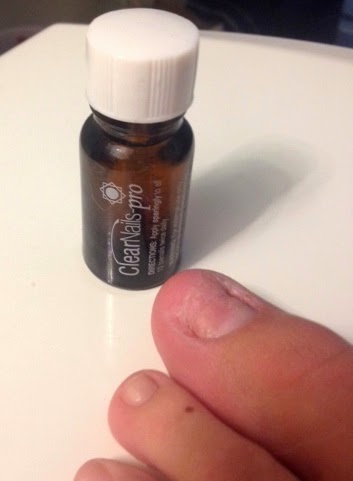A wart is caused by a viral infection (HPV) which invades the skin through small or invisible cuts and abrasions; which is why you see warts more commonly on children and youth. The virus causes the top layer of skin to grow rapidly, creating the wart.
Foot warts are generally raised and fleshy and can appear anywhere on the foot or toes. Occasionally, warts can spontaneously disappear after a short time, and then, just as frequently, they recur in the same location. It is important to note that warts can be very resistant to treatment and have a tendency to reoccur. Over-the-counter foot wart treatments are usually ineffective because their use can inadvertently destroy surrounding healthy tissue.
Please contact our office for help in effectively treating warts. Our practice is expert in recommending the best treatment for each patient, ranging from prescription ointments or medications to, in the most severe cases, laser cautery.


